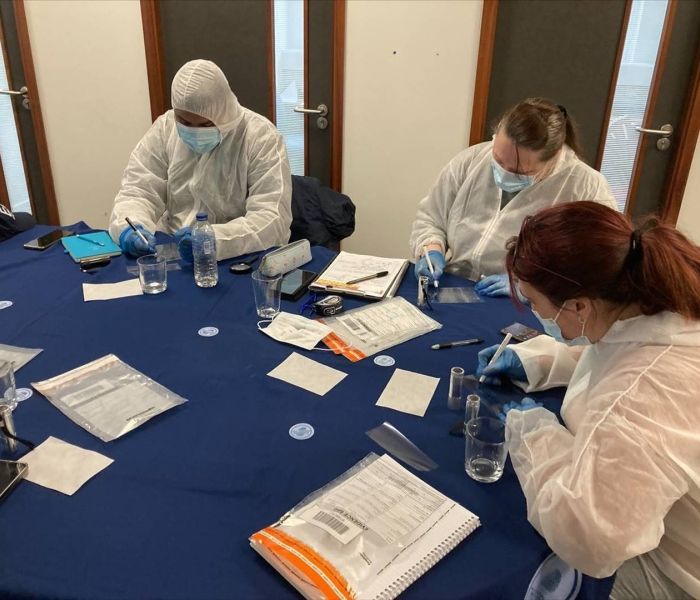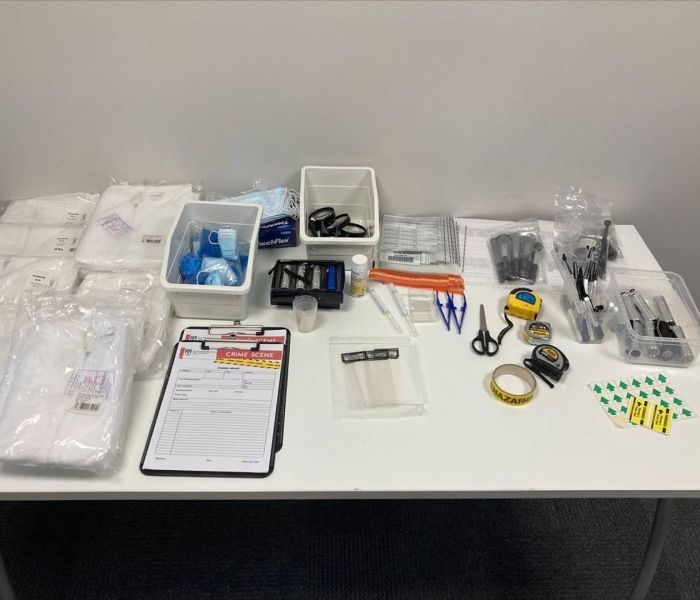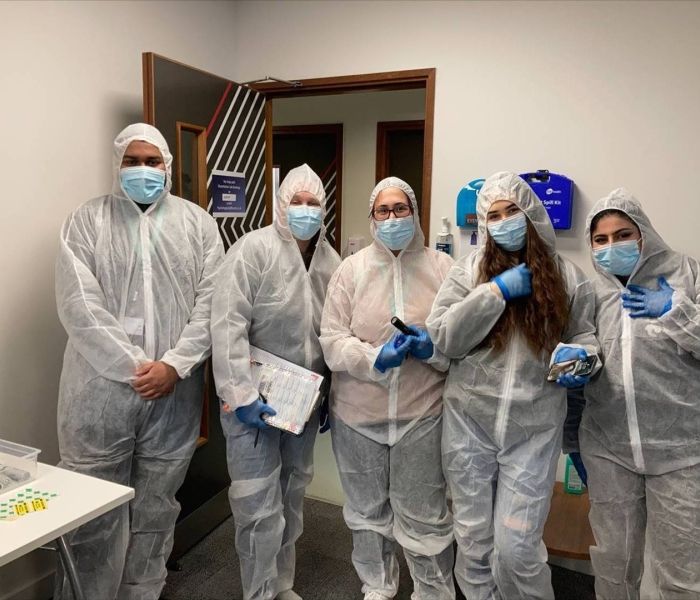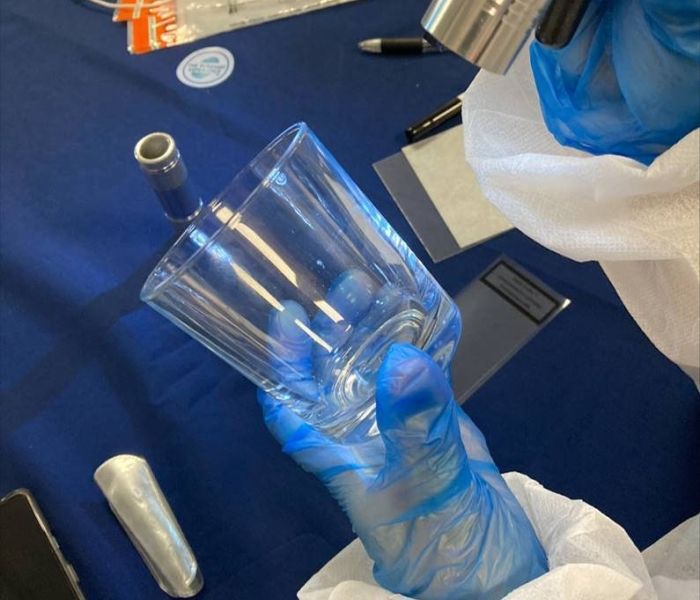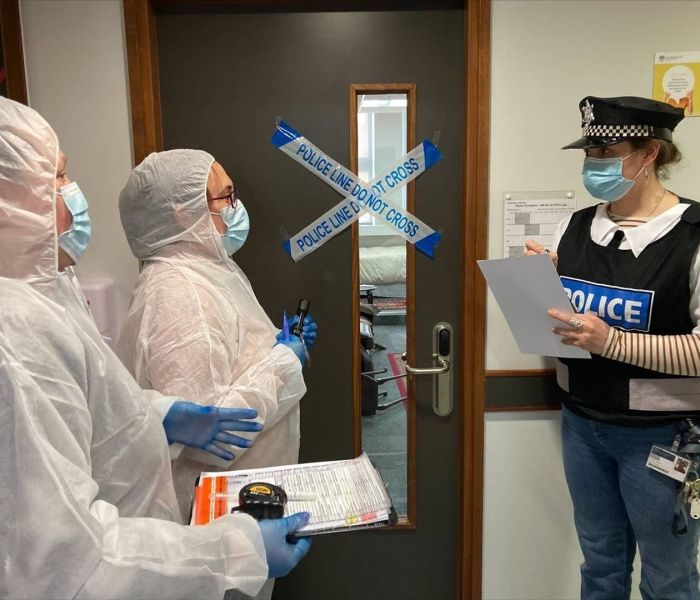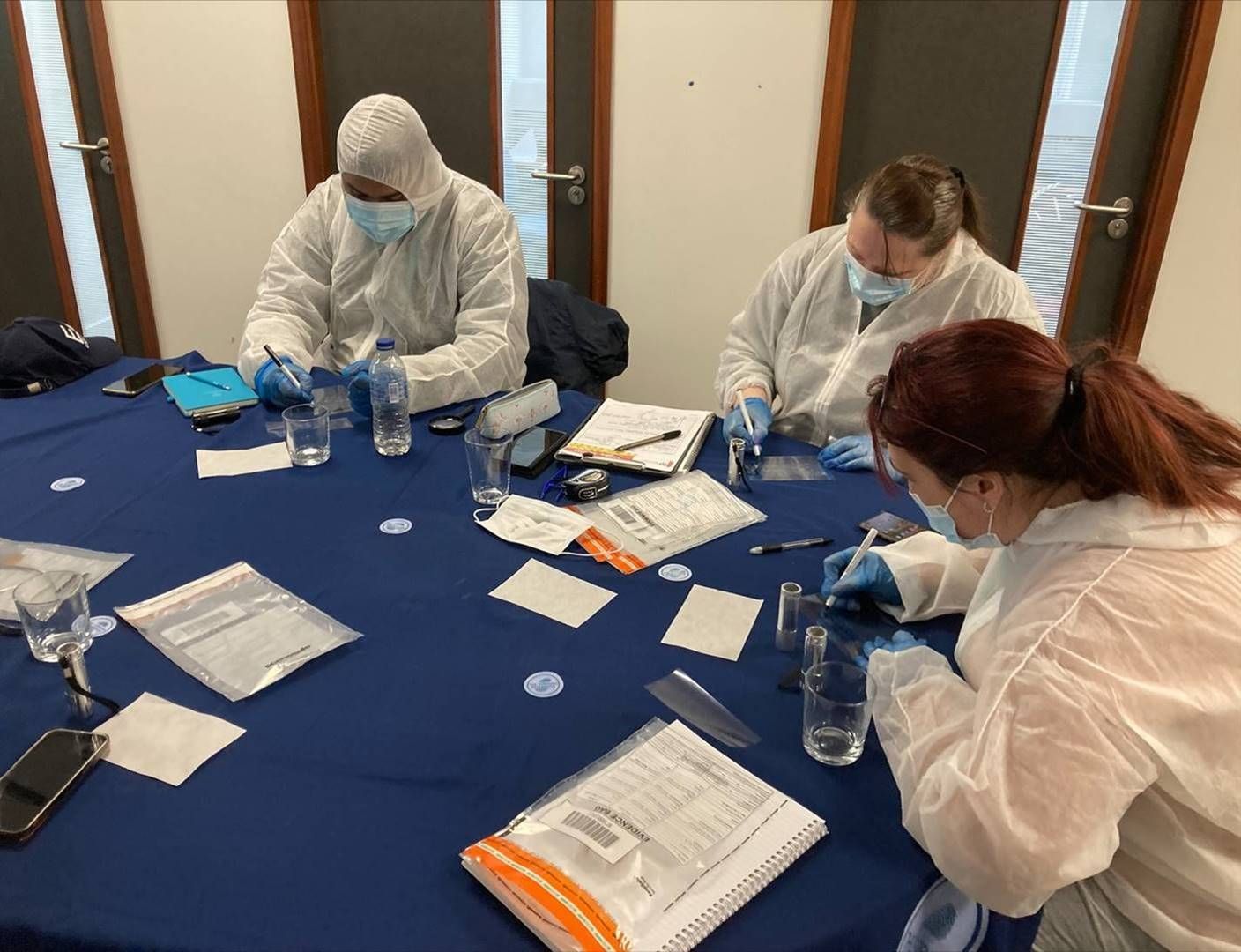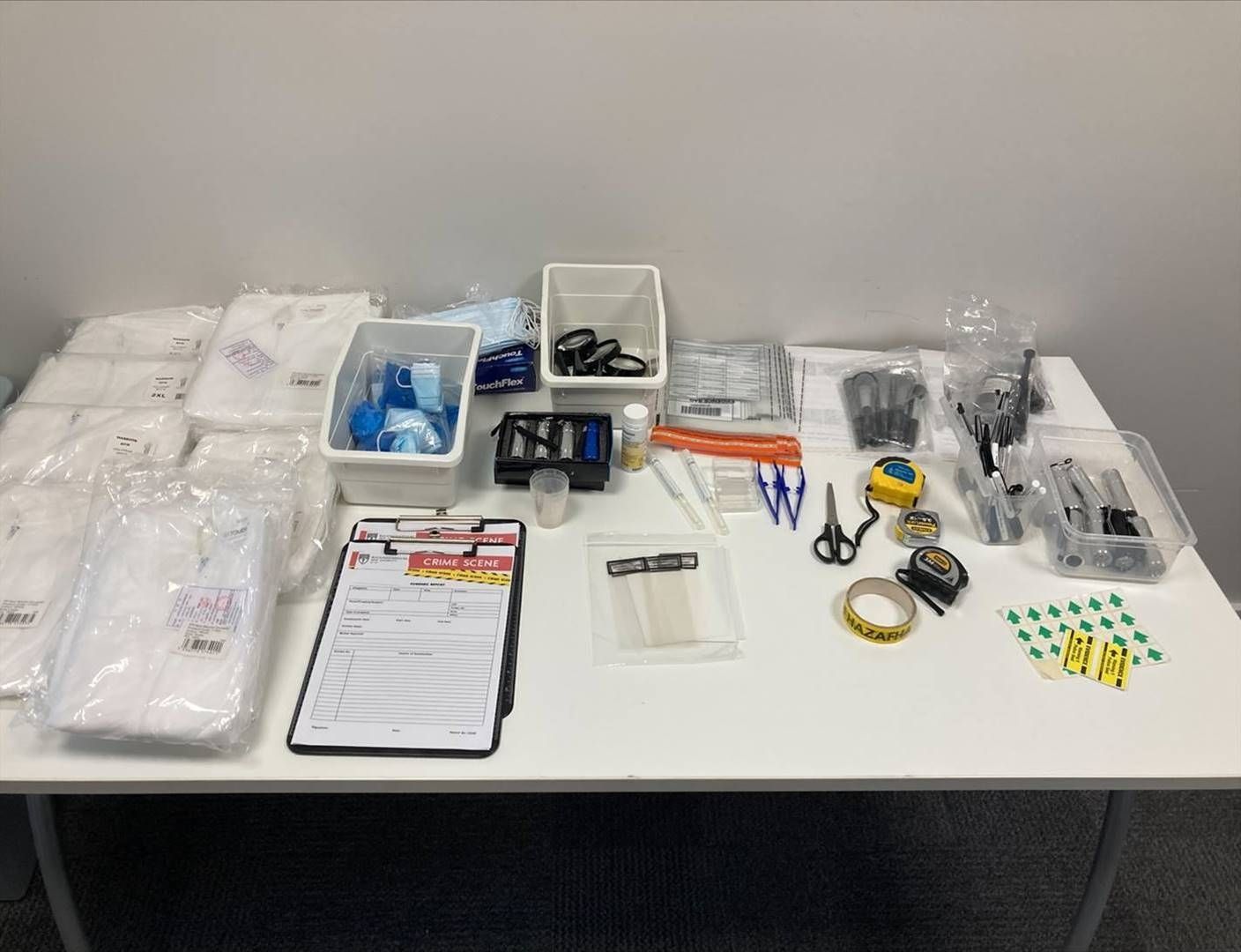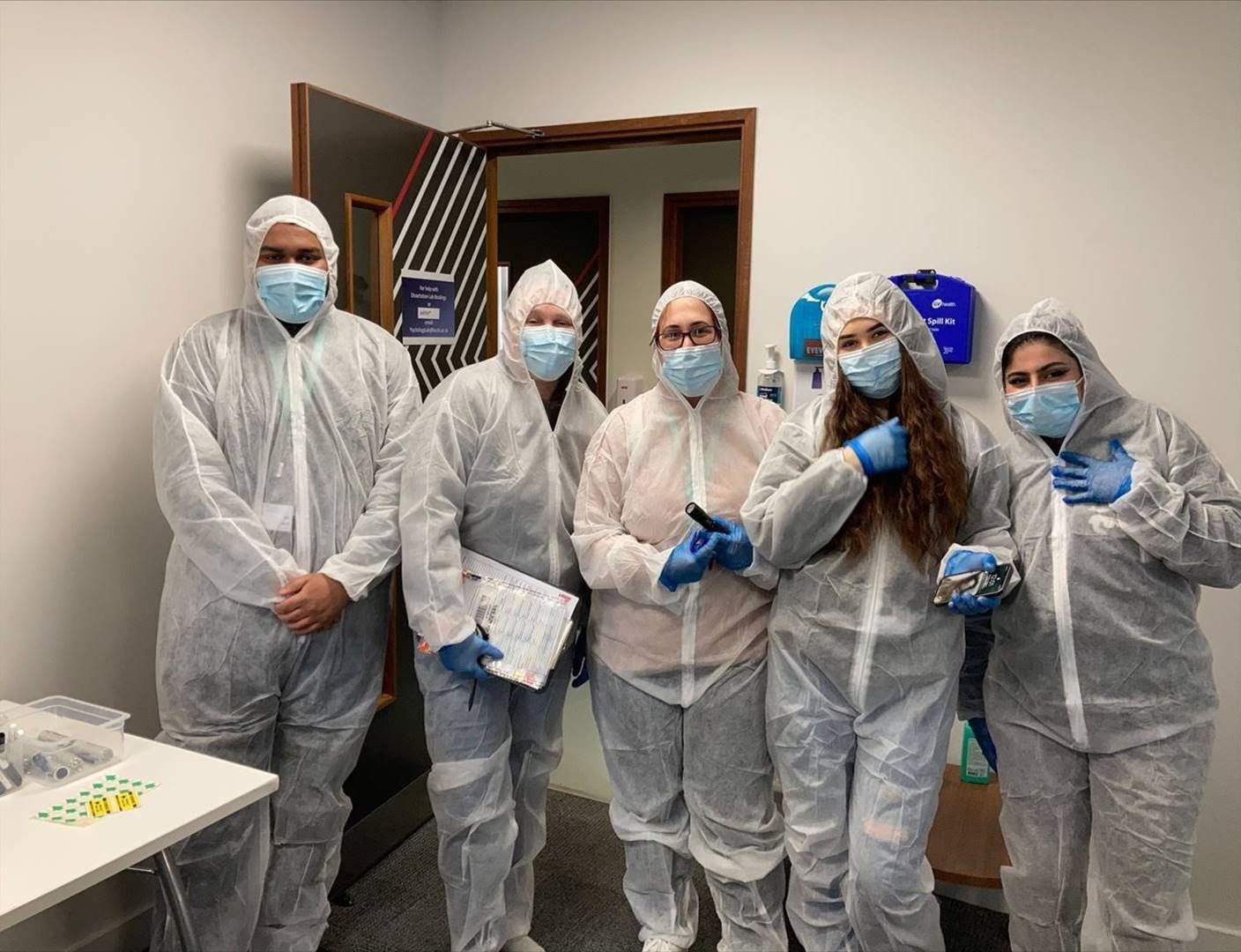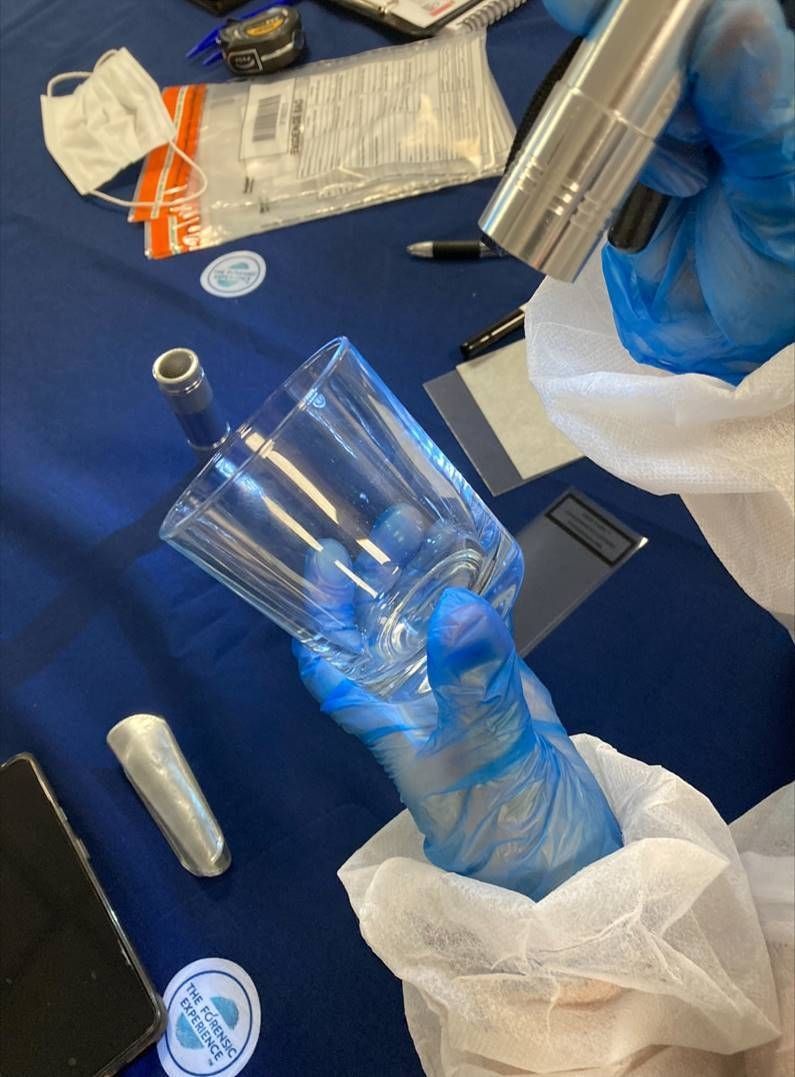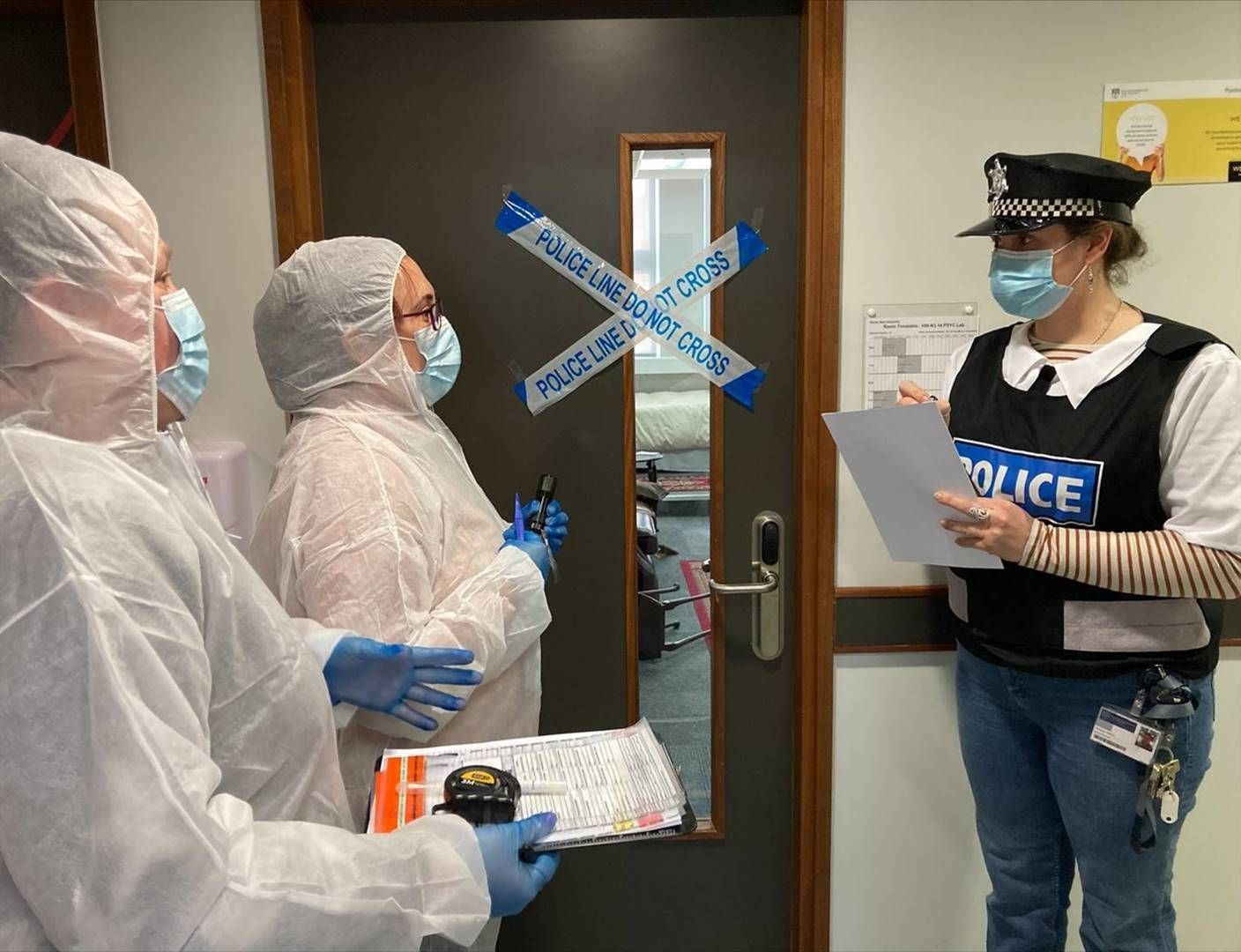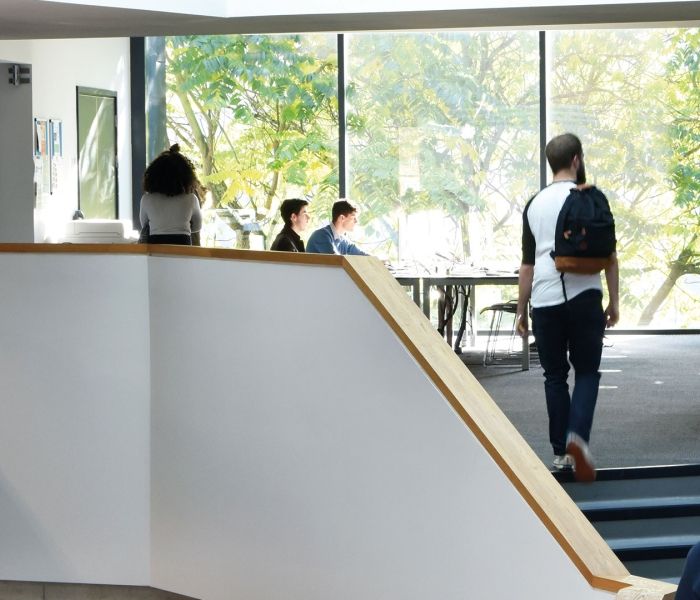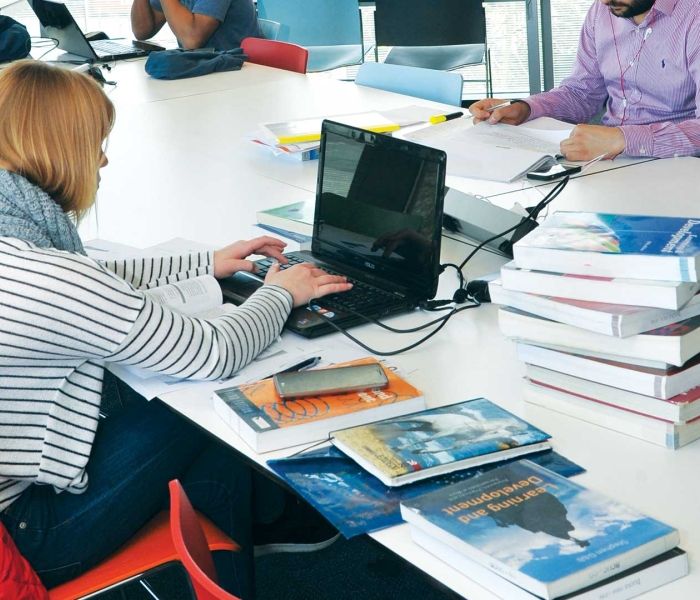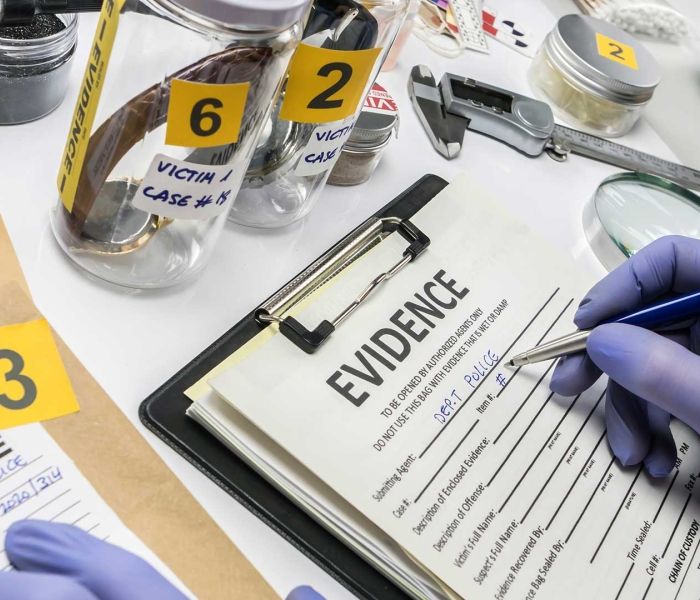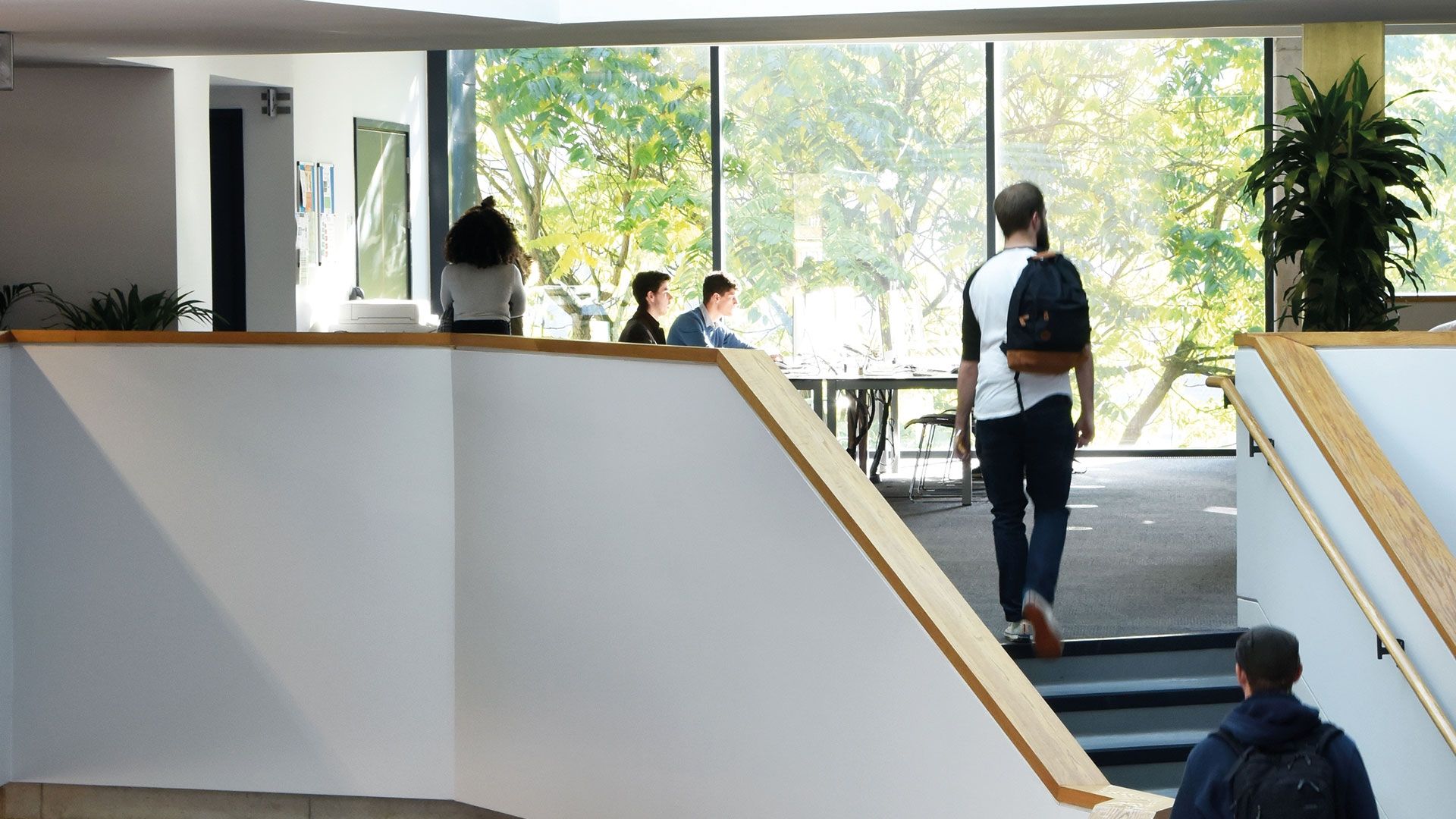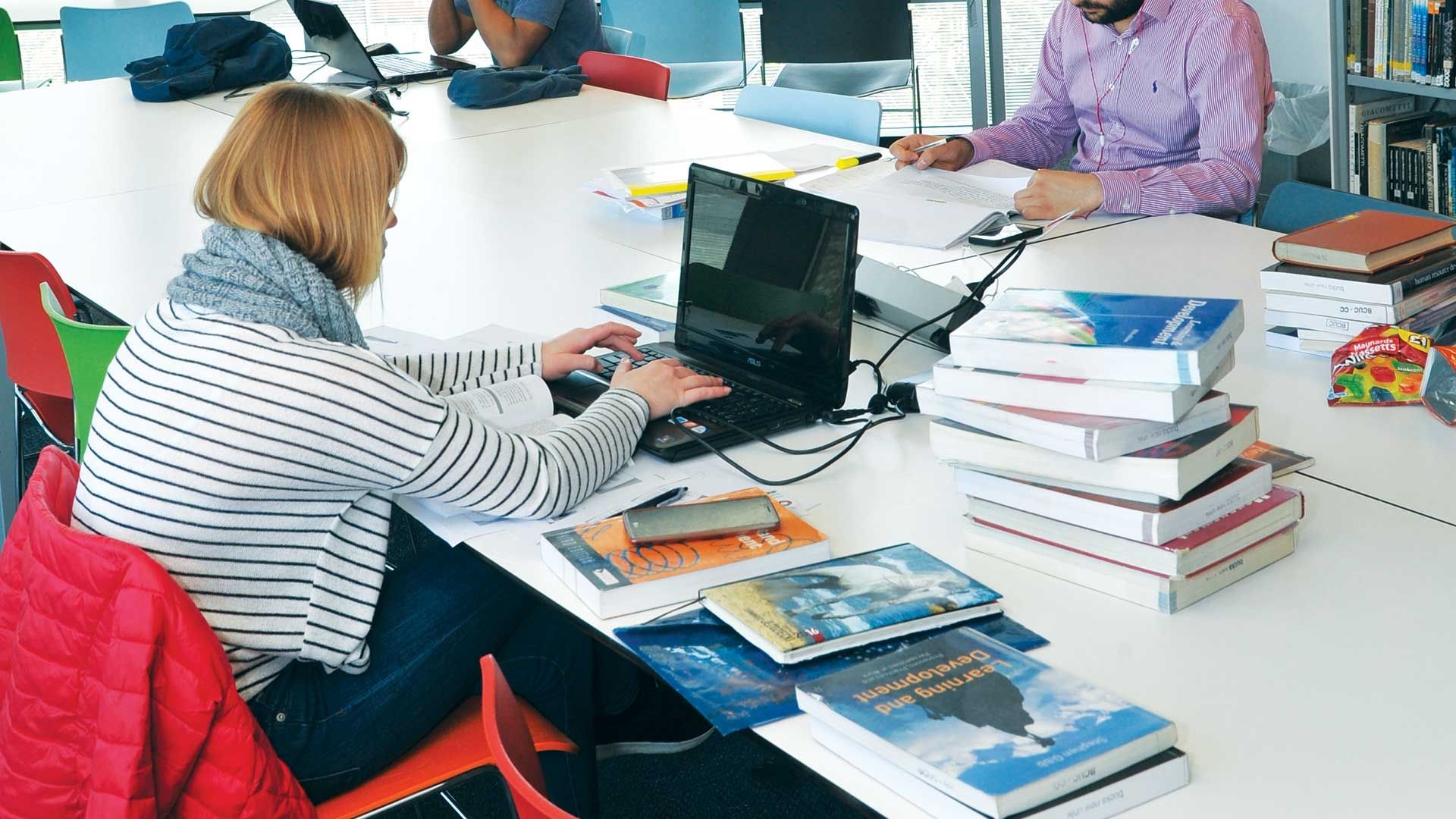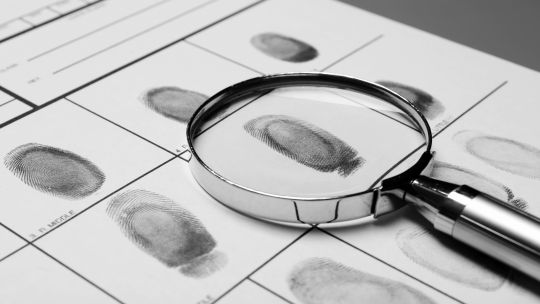
BSc (Hons) Criminology and Forensic Studies
- Study Mode: Full Time
- Location: High Wycombe
- Duration: Three or Four Years
- Start Date: September 2024
Develop skills that enhance your employability, with critical skills for the forensics and criminology sector. We will build up your knowledge of forensics and criminology from a range of different perspectives, with professional insight and in demand skills to empower you in this competitive area.
Our BSc (Hons) Criminology and Forensics Studies specialism has been given conditional Educational Accreditation by the Chartered Society of Forensic Sciences.
Why study this subject?
Who commits crimes, why do they do it, what is the impact on victims and themselves, and how do we prevent them? Studying criminology means investigating all these questions and understanding the place crime and criminal justice has in our societies.
After graduation you could be entering a role that is fulfilling and providing high value to society. You could be tackling crime, investigating why people break the law and improving the policies and systems within education, rehabilitation, law and crime policy. If you want to play a big part in keeping people safe, this could be the subject you’ve been looking for.
A degree in Criminology could lead to a career in the police, prison and probation services, the court or security services or with charities that work with young offenders. If you want to make a difference in this area, studying Criminology will equip you with the skills for a rewarding and successful career.
Why study at Buckinghamshire New University?
If you are interested in a range of topics related to crime, BNU gives you a unique opportunity to identify your career goals and set out a clear path to achieving them.
Our university is close to London and the capital is on your doorstep, this is perfect if you want to commute to university while remaining close to friends and family.
In addition to all the great benefits to studying at BNU, your course has some great benefits too, such as a passionate teaching team made up of former industry professionals, great facilities and links to professional organizations that keep us up to date with the latest research and statistics.
With opportunity to apply the skills you learn to practice; you can graduate from BNU with the skills and experience you need to succeed, as we work with our academics to provide you with what is required to fulfil national and local demand with employers.
Our specialisms
We believe in giving you the freedom to make your career your own. That's why we introduce you to various different subjects in your first year, and then allow you to choose a course after you've got a taste of them all, if your goals change. You can choose to stay on BSc (Hons) Criminology and Forensic Studies or switch to BSc (Hons) Criminology or BSc (Hons) Criminology and Law.
These specialisms are also offered as four-year programmes, including an initial Foundation Year. The Foundation Year will allow you to develop your academic study skills and build confidence in your abilities, identifying your own strengths and development needs for progression onto an undergraduate programme and are available if you didn't meet the entry requirements.
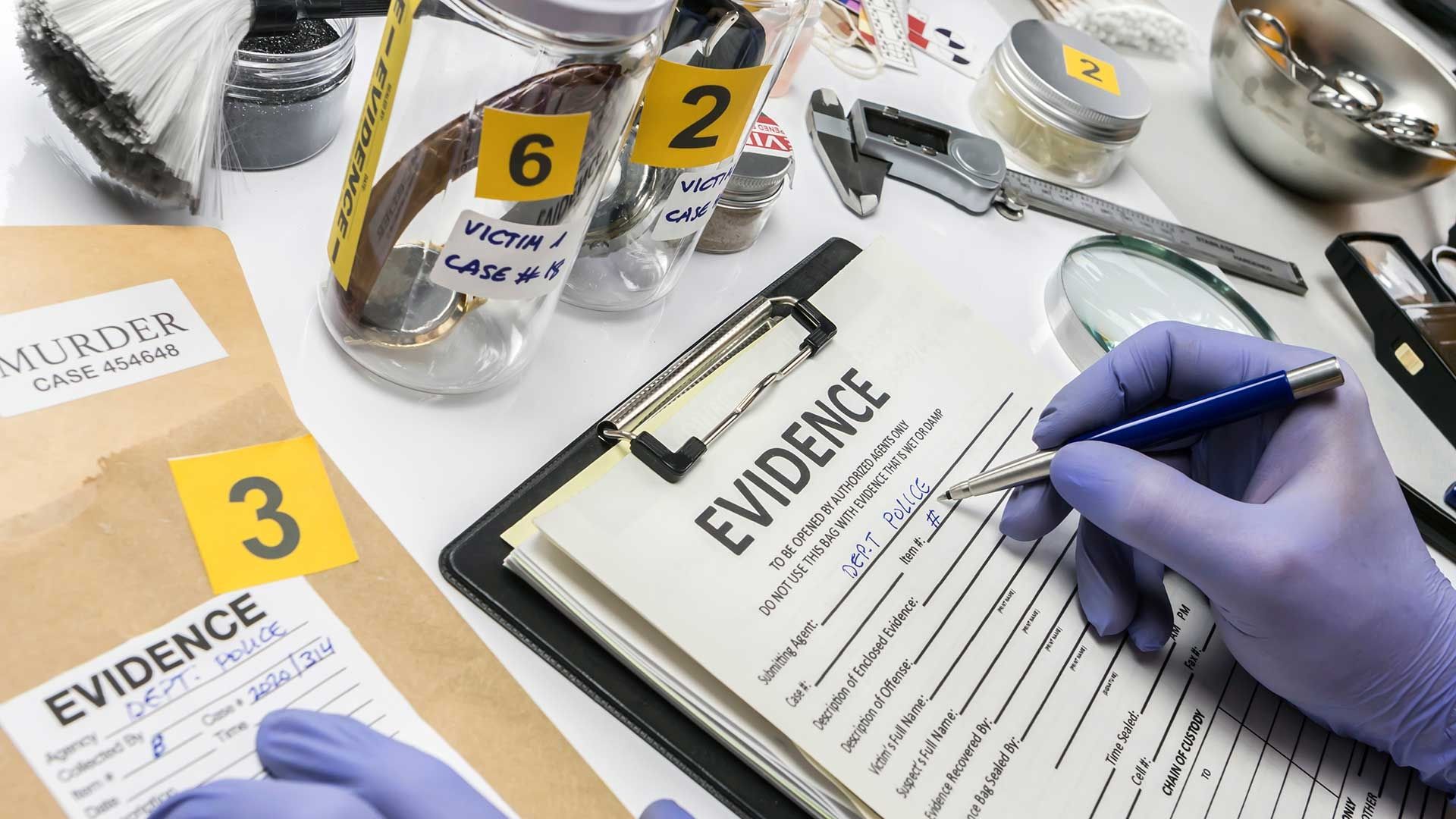
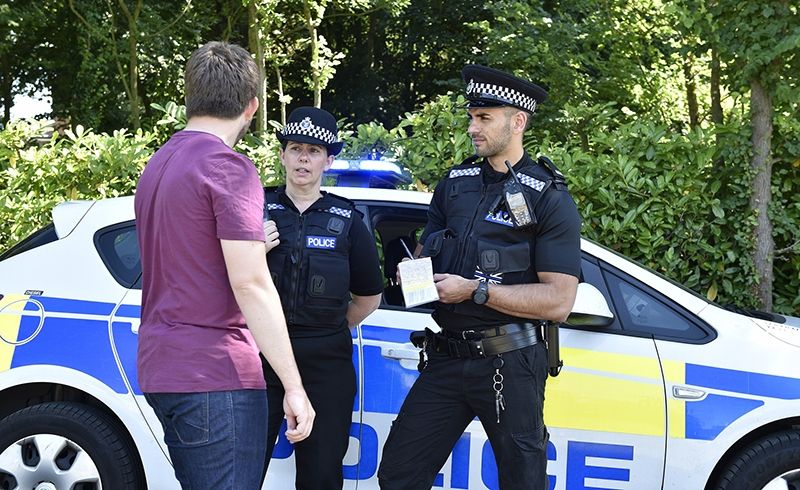
What facilities can I use?
Our criminology degree has a wealth of opportunities for you to get stuck into thanks to our diverse range of facilities. You can get access to a simulated crime scene and learn how to collect forensic evidence or can test your own theories and get to grips with VR, police interviews and more. This facility is complete with bloodstains, fingerprints and a range of evidence. It is lead by a former member of the police detective unit.
We have a full range of facilities that can help prepare you for whatever career you choose to pursue within criminology. Our library is packed with all the information you need for your assessments, with diverse reading material and there’s plenty of room to knuckle down for some quiet study.
You can also use our AppsAnywhere web service, which provides access to many of the software applications you use for learning and studying. AppsAnywhere can be used from your own device or from a University owned PC or laptop, from any location.
What will I study?
Our criminology course shares its first year with the other criminology courses. This means we can introduce you to various specialisms at the start, and if you want to study a different specialism you can choose to switch to a different criminology course after the first year.
On this course you will be able to combine the study of criminology with the study of forensic science. This course will give you the opportunity to examine skills necessary for the collection and preserving of forensic evidence, reporting and analysing this information for practical application in court, prison services and other areas.
Opportunity modules are a key part of the BNU curriculum. You’ll choose modules in both your first and second year from a broad selection in areas such as sustainability, entrepreneurship, creativity, digital skills, personal growth, civic engagement, health & wellbeing and employment.
Opportunity modules are designed to enable you to develop outside the traditional boundaries of your discipline and help you to further stand out from the crowd to future employers.
Current issues and challenges faced in this sector are all discussed within a scientific and evidence-based framework with a focus on applied actions and potential solutions. Criminological theories are therefore applied to potential practice scenarios throughout the degree, which you may encounter throughout the course of your career.
You’ll be able to benefit from skills, experience and our knowledge from industry, as we prepare you with the confidence and ability to pursue a career in the subject you love. We will ensure you leave BNU prepared the best you can be to chase your dreams after graduation.
How will I be taught and assessed?
Assessments vary according to modules and are designed to test your understanding of the modules. Some of the ways you will be assessed include:
- reports
- exams
- presentations
- workshops
Opportunity modules are a key part of the BNU curriculum. You’ll choose modules in both your first and second year from a selection of areas such as sustainability, entrepreneurship, creativity, digital skills, personal growth, civic engagement, health & wellbeing and employment.
Opportunity modules are designed to enable you to develop outside your discipline and help you to further stand out from the crowd to future employers.
What are the course entry requirements?
A typical offer will require a UCAS tariff score of: 88 - 112 (Full-time) or 32 - 56 (Foundation Year)
UCAS points can be obtained through qualifications such as A levels, T levels, BTEC or an Access to Higher Education course in a relevant subject. Please list all your qualifications on the application form as you will be asked to provide copies when we receive your application.
For details of our international English entry requirements, please visit our international pages.
Applicants who do not meet the minimum requirements for the three-year undergraduate programme, or those who do not feel fully prepared for a degree course, can apply for a four-year programme including a Foundation Year; find out more.
Modules
This provides a guide of the modules that make up your course. You can find more information about how your course is structured on our Academic Advice section.
This course has Opportunity modules.
Opportunity modules are a key part of the BNU curriculum. You’ll choose modules in both your first and second year from a broad selection in areas such as sustainability, entrepreneurship, creativity, digital skills, personal growth, civic engagement, health & wellbeing and employment. Opportunity modules are designed to enable you to develop outside the traditional boundaries of your discipline and help you to further stand out from the crowd to future employers. Find out more.
You must choose 2 x 10 credit Level 4 Opportunity modules from the Opportunity module catalogue.
In addition, you must choose 2 x 10 credit Level 5 Opportunity modules from the Opportunity module catalogue.
What are the tuition fees
Home
-
Home, Academic Year 2024 - 2025: £9,250 per year
International
-
Overseas/International, Academic Year 2024 - 2025: £15,150 per year
What are my career prospects?
Throughout your time with us we’ll support you on the route to your chosen career. We’ll help you to develop crucial skills, encouraging you to become enterprising, employable and good leaders.
We also help you find employment after graduation. Have a look at our Careers and Employability pages to find out more.
Our Criminology programme is a springboard for entry into probation and related roles in the criminal justice system, whether that’s in the police, the court, probation, prison or crime related research organisation. Some of the careers you could pursue include:
- probation services
- national security
- police force
- cybercrime and prevention
- criminal justice
- law and forensics
Graduates can also choose to study for a postgraduate course at BNU.
Course leader










